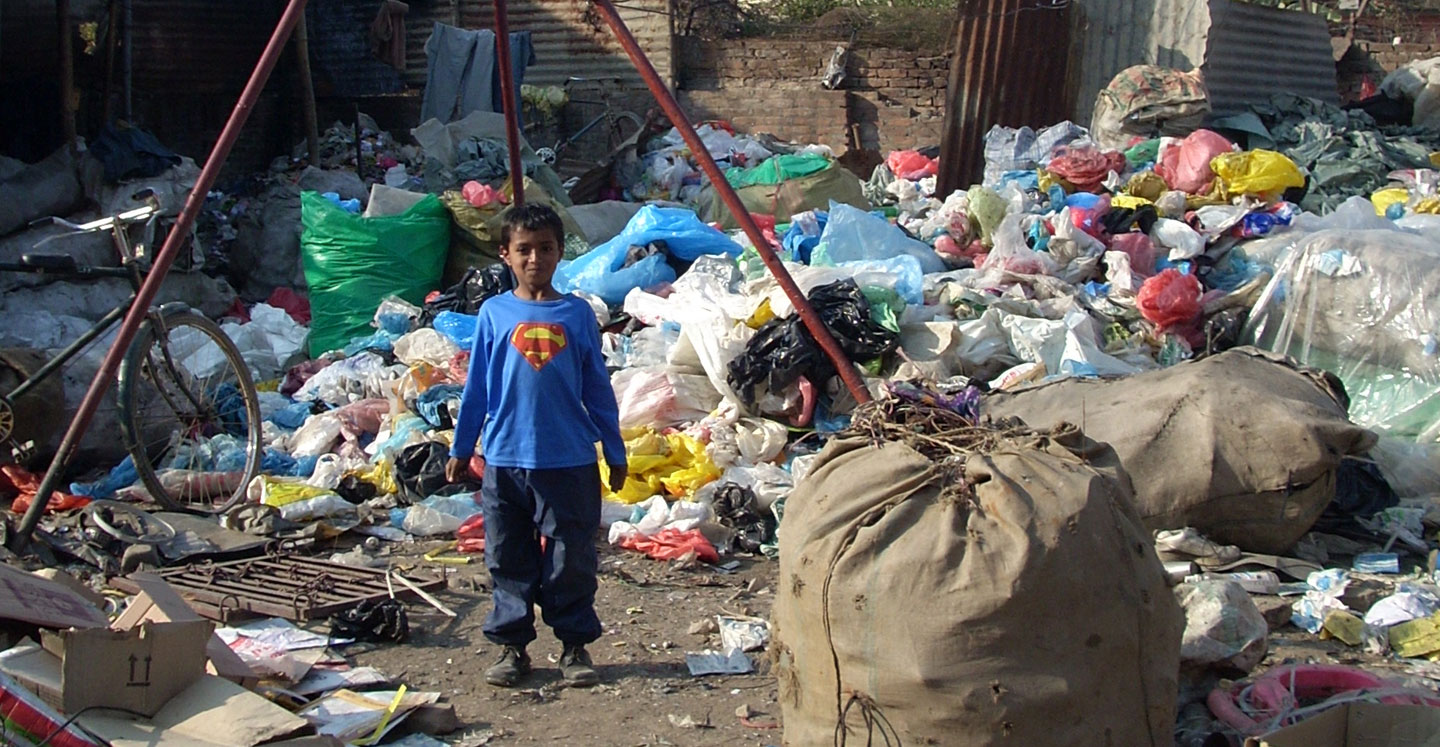Child participation is always important, especially during times of emergency and crisis. When acting quickly and responding to a situation, it can be easy to take the quicker approach by deciding the actions needed without the true participation of those you are trying to support. This undermines young people's own agency.
At Toybox, we believe it is of fundamental importance to raise the voices of children and young people in street situations. Children have a right to be listened to and taken seriously and should be given the tools to express their opinion about decisions affecting their lives (Article 12, UNCRC).
Children in street situations feel invisible; many are not counted in national census', nor have ID cards, and are typically marginalised in society.
However, providing the right platform, their voice - captured through videos, photos and drawings they have created themselves - is more direct, stronger and more meaningful than us speaking for them. This all results in a greater chance of people listening, taking notice, and doing something about it. Also, the process they have gone through to do this themselves can help express their own emotions and situation and support them to build confidence and skills.
Effective child participation can only be achieved when safeguarding and ethical protocols are in place and observed. Safeguarding is of the utmost priority for Toybox and our partners.
During the Covid-19 pandemic, we provided a platform for children and young people in street situations to show their lockdown reality. They chose how to express this and created videos, photos and drawings to raise awareness about their own lives. For this activity, we gave clear and simple guidance to our partners to follow when asking children and young people if they would like to participate. For example, we told them not to say their name, and if filming or taking a photo of someone else, to only show the back of their head and ensure there was nothing in the background which could identify their location. Where faces are shown, this is with full consent of the young person.
The project focused not only on raising awareness about the challenges facing street-connected children across the world during the pandemic, but also advocated for the continued need to promote true child participation.
It is our ongoing responsibility to work with young people in a way which raises their voice, gives them agency and supports them to feel part of the response aimed to assist them, not just subjected to it.
